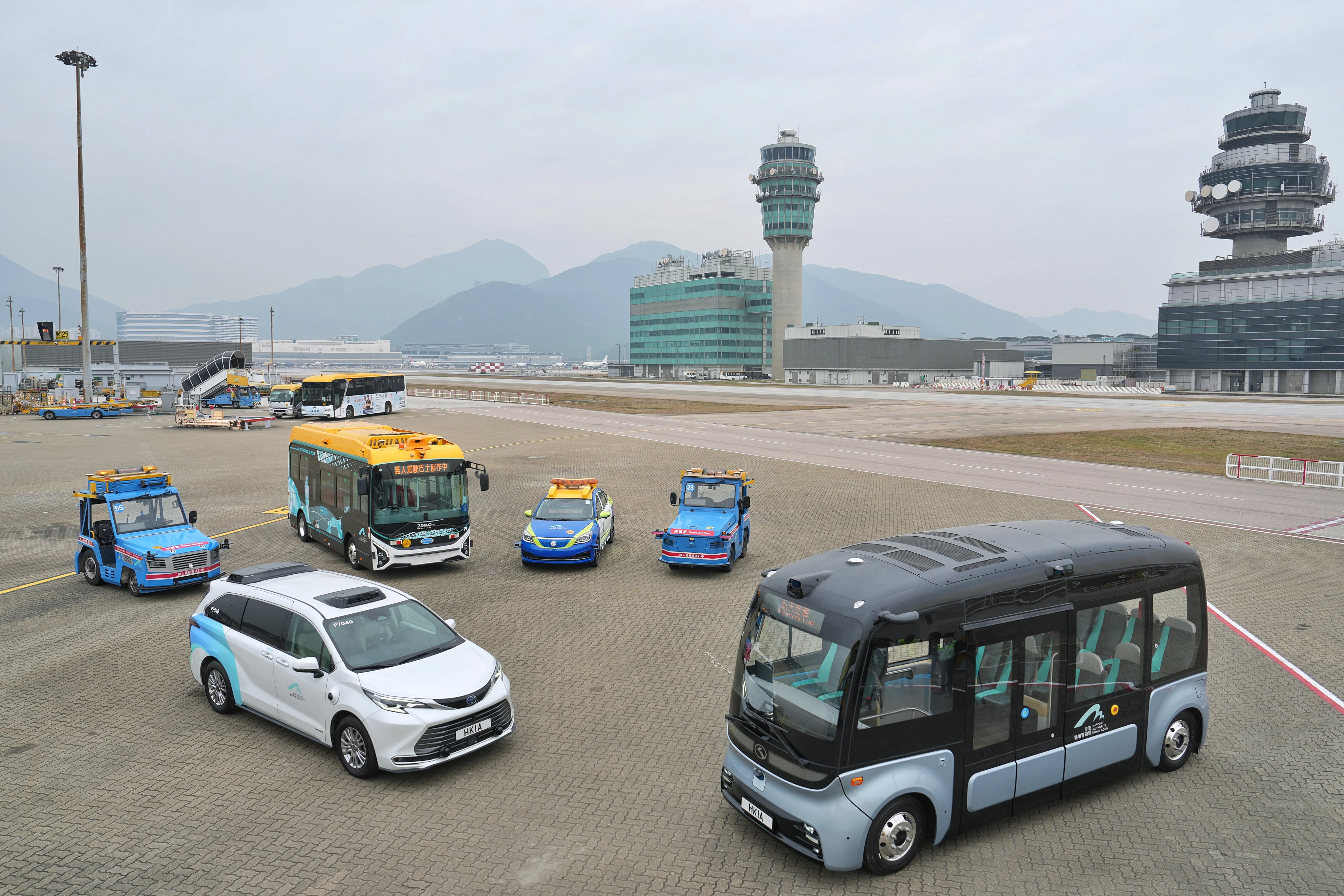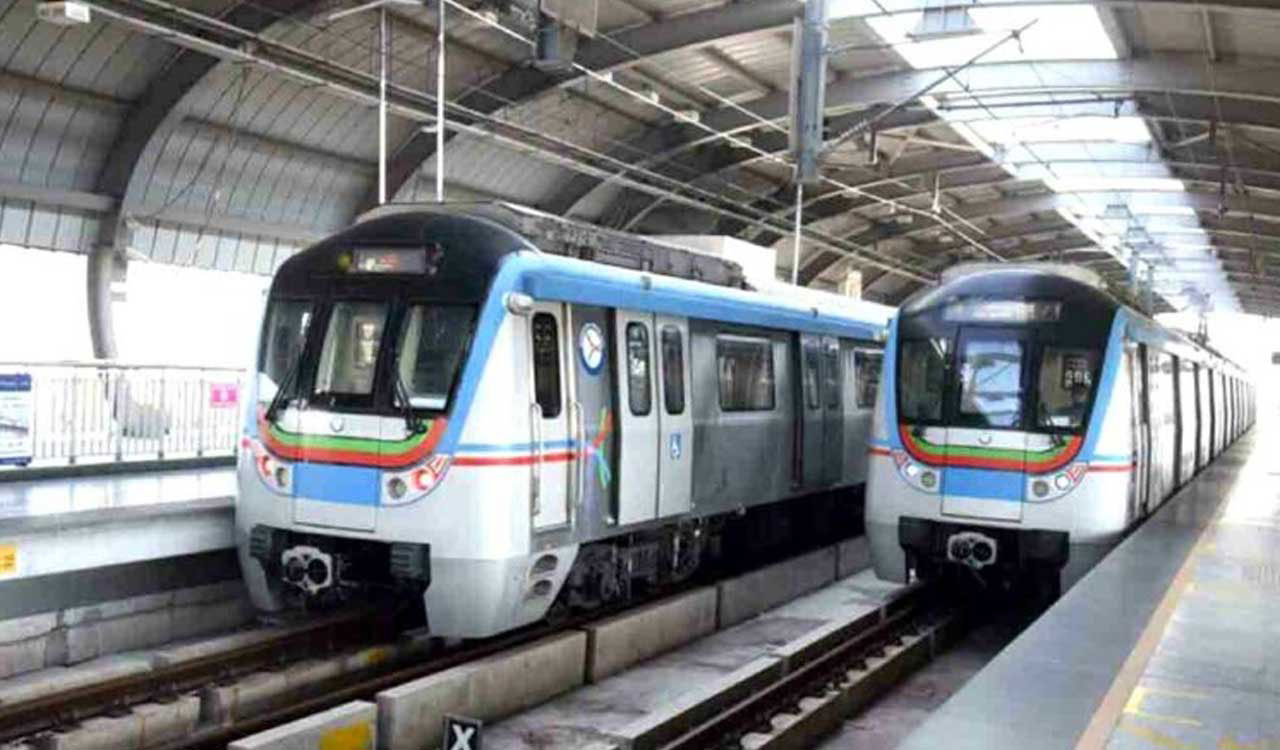By Oscar Liu
Copyright scmp

Hong Kong will expedite its push into the autonomous driving sector, with plans to expand vehicle testing to the Hong Kong-Zhuhai-Macau Bridge Port and the Kai Tak development area, the transport chief has said.
Secretary for Transport and Logistics Mable Chan said on Sunday three autonomous driving projects would enter the testing phase this year as announced in last week’s policy address.
Driverless vehicles would be trialled at SkyCity between the Hong Kong-Zhuhai-Macau Bridge Port and Airport Island and the Kai Tak development area covering Kowloon City and Kwun Tong, she said.
The third would be an extension of the current North Lantau project, connecting Airport Island and Tung Chung, Chan added.
She noted the government had already issued three pilot licences for self-driving vehicles, hailing the project in North Lantau for making rapid progress since its launch last year with key advancements, including operating multiple vehicles simultaneously, carrying passengers and expanding test routes while increasing speeds to 50km/h (31mph).
“After implementing a new regulatory framework in March of last year, we have actively and methodically pushed forward with testing autonomous driving technology. We hope to develop Hong Kong into a platform that will be a favourable market for self-driving vehicles,” Chan told a press briefing.
“We have already successfully attracted several autonomous driving companies to set up research and development centres in Hong Kong, where they can test vehicles and related technologies and even use the city as a fundraising hub for IPOs. This initiative will not only improve our transportation system but also drive economic growth.”
Authorities were also exploring the use of driverless vehicles to connect with other forms of transport, which would be reflected in the facilities at West Kowloon station and Airport Express station, the minister said.
“We hope to run a trial using autonomous vehicles to transport luggage, and in the future, passengers as well,” she said. “We are also striving to launch a remote operation model, which means there will be no backup operator on board the vehicles. This is a goal we hope to achieve.”
On the aviation front, Chan said Hong Kong would expand its global network to prioritise emerging markets in South America, Central Asia, Africa and the Middle East, adding the city recently reached a civil aviation agreement with Poland and would also strengthen air freight links within the Greater Bay Area.
In his policy blueprint announced on Wednesday, Chief Executive John Lee Ka-chiu also unveiled plans to boost Hong Kong’s role as a sustainable aviation fuel (SAF) hub by collaborating with mainland Chinese authorities to support a local supplier in building a blending facility and expanding its business in the bay area.
The goal is to ensure that flights departing from Hong Kong International Airport will meet the specified SAF consumption ratio by 2030.
“We are, at the present moment, working closely with our airline and airport community with a view to promulgating a set of specified SAF usage standards and targets for the departing airlines from Hong Kong airport to support this development,” Chan said.
“We will also work with the Airport Authority Hong Kong to study and explore the creation and development of a self-blending facility so as to provide a reasonable price to enable a sustainable supply.”
Noting SAF’s importance in global efforts to achieve carbon neutrality, Secretary for Environment and Ecology Tse Chin-wan said at the same press briefing that the city saw a “rapidly rising” demand for the fuel as an economic opportunity.
“It is an opportunity for Hong Kong to grasp to establish an SAF production chain in the Greater Bay Area, including the collection of the primary resources needed to produce SAF, as well as the storage and distribution system to be established in Hong Kong,” Tse said.
“It would give Hong Kong a competitive edge in green energy and strengthen its position as a global aviation hub. This is one of the important economic development opportunities for Hong Kong.”



